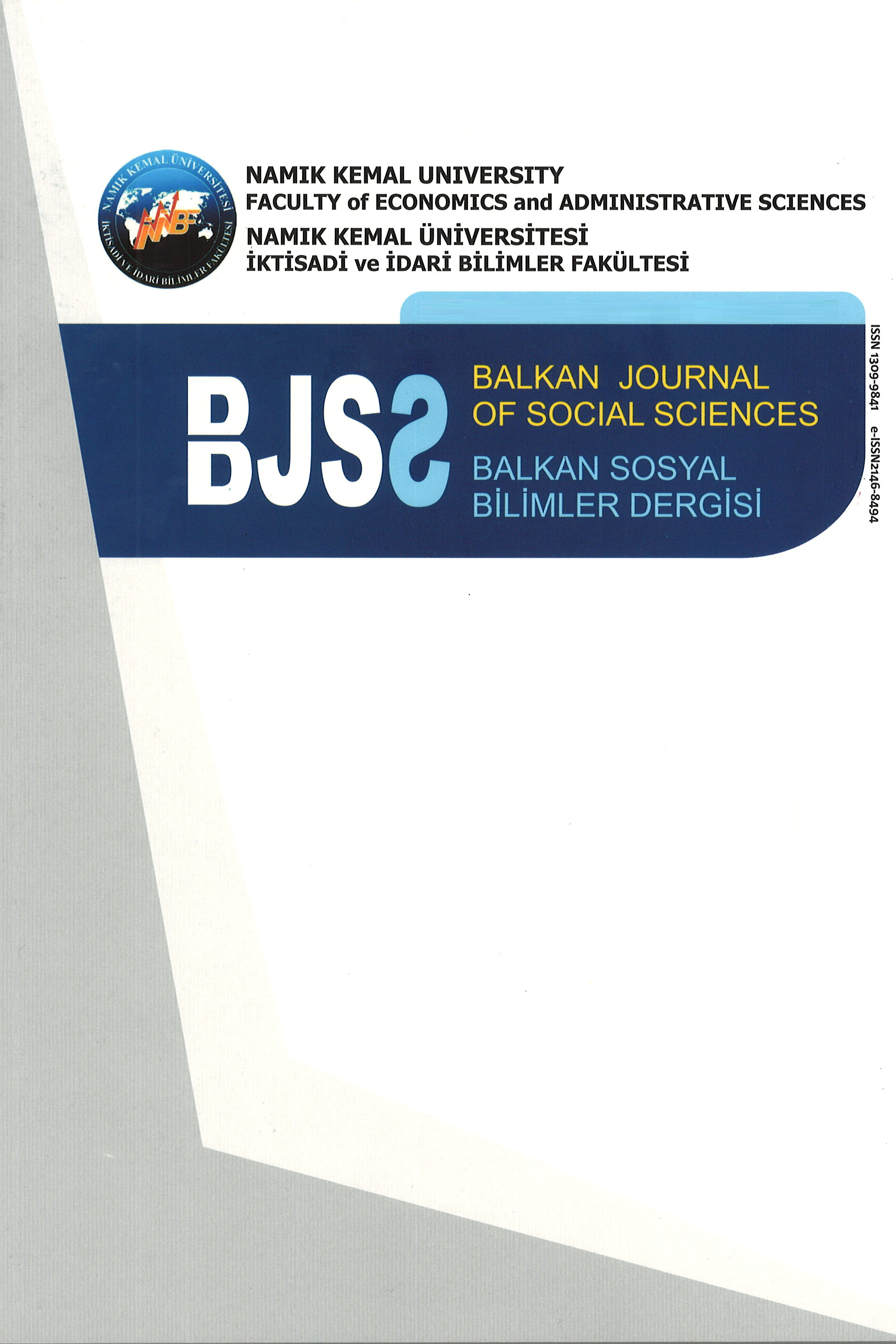NGUGI WA THIONG’O TARAFINDAN YAZILAN MATİGARİ ‘DEKİ YERLİ SEÇKİNLER
Thiong’o, Anti-sömürgecilik, Sömürgecilik, Dekolonizasyon, Matigari, Yerel Seçkinler
THE LOCAL ELITES IN MATIGARI BY NGUGI WA THIONG’O
Thiong’o, Anti-colonialism, Colonialism, Decolonization, Matigari, Local Elites,
___
- Ahluwalia, P. (2001). Politics and Postcolonial Theory, Taylor & Francis e-Library: London.
- Birmingham, D. (2009). The Decolonization of Africa, Taylor & Francis e-Library: London.
- Bragança, A. & Wallerstein I. M. (1982). The African Liberation Reader, Vol. 1, Zed Press: London.
- Kebede, M. (2004). Africa’s Quest for a Philosophy of Decolonization, Editions Rodopi: Amsterdam.
- Kohn M. & McBride K. (2011). Political Theories of Decolonization, Oxford University Press: New York.
- Krishna, S. (2009). Globalization and Postcolonialism, Rowman & Littlefield Publishers: the United States of America.
- MacQueen, N. (2007). Colonialism, Pearson Education Limited: United Kingdom.
- Sartre, J. P. (1963). “Preface”. In Frantz Fanon (Ed.), The Wretched of The Earth (7-35). Grove Press: New York.
- Thiong’o, N. (1978). Homecoming, Heinemann Educational Books: London.
- Thiong’o, N. (1987a). Decolonizing the Mind, Zimbabwe Publishing House: Zimbabwe.
- Thiong’o, N. (1987b). Matigari, Heinemann Educational Books: Oxford.
- Thiong’o, N. (1993). Moving the Centre, East African Educational Books: Nairobi.
- Yayın Aralığı: Yılda 2 Sayı
- Başlangıç: 2011
- Yayıncı: Tekirdağ Namık Kemal Üniversitesi
YAKINSAMA HİPOTEZİ: BALKAN ÜLKELERİ ÖRNEĞİ
Özge Bariş TÜZEMEN, Samet TÜZEMEN
NGUGI WA THIONG’O TARAFINDAN YAZILAN MATİGARİ ‘DEKİ YERLİ SEÇKİNLER
AVRUPA BİRLİĞİ VE İZMİR İŞGÜCÜ PİYASALARI: TOPLUMSAL CİNSİYET AÇISINDAN BİR DEĞERLENDİRİLME
Davuthan GÜNAYDIN, Hakan CAVLAK
ALLAH ALGISI ÖLÇEĞİ TÜRKÇE FORMUNUN GEÇERLİK VE GÜVENİRLİĞİ
TÜTÜN TÜKETİMİNİN EKONOMİK ETKİLERİ VE TÜTÜN KONTROL POLİTİKALARI ÜZERİNE BİR İNCELEME
